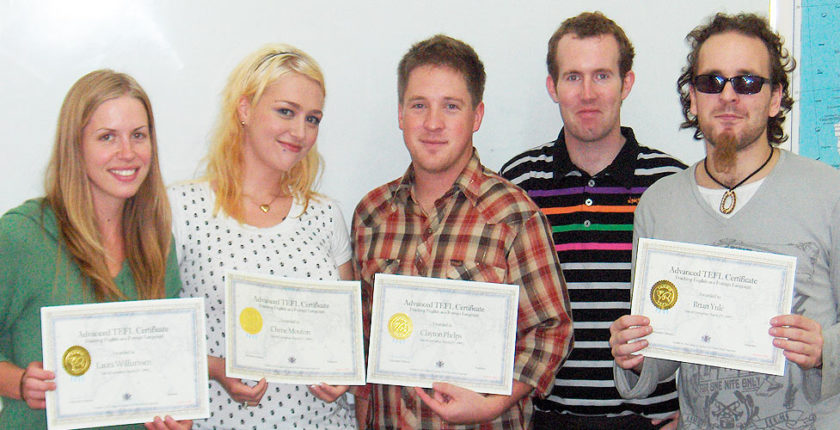There is an expression in English, “Nothing worth having is ever easy to get.” I got my TEFL degree at Buenos Aires TEFL . I have always wanted to enjoy TEFL. Living and teaching in Buenos Aires is an experience that is both rewarding and challenging. Many of the challenges, coincidentally, are what makes the experience so rewarding. Many people come down here to Buenos Aires to enjoy TEFL. Teaching English abroad is a fantastic way to travel and see the world, and is a great opportunity to experience a completely new culture and environment. However, the work is often challenging and requires a great deal of patience and experience.
One of the biggest challenges of a TEFL degree when teaching here is the cultural divide between students and I. In Buenos Aires, there is a completely different culture surrounding learning and education. The culture of my home country very much stresses the importance of education until a certain age. It may be difficult to teach students that are unmotivated because they don’t believe in the value of education. However, since many ESL students are intrinsically motivated, this will hopefully not be a major problem in private lessons. There is plenty of time to enjoy TEFL.
Additionally, the language barrier, though it will hopefully shrink, will limit my ability to communicate with students. Obviously, students should be speaking English almost all of the time but sometimes it is almost impossible to convey an idea and it would be to the students benefit that I explain a cumbersome concept in their native language to facilitate understanding. However, I am working to improve my Spanish during my time here and hopefully will speak with more confidence and accuracy in a short time in order to fully enjoy TEFL.
Another difficulty might be the odd hours ESL teachers are often forced to work. Since many students take English classes in addition to their regular working life, many teachers are forced to work odd hours during the week to compensate, and even weekends. This annoying, but necessary aspect of teaching is a problem many English teachers must face, but become accustomed to by necessity.
There are, also, unique challenges that come with teaching the various levels, for example, teaching beginner students is difficult because there is difficulty communicating, you literally do not speak the same language. Beginners also require more stimulating lesson plans and more diverse materials, which can be taxing to produce. However, teaching beginners is very rewarding because it’s easy for both you and the student to see how much progress has been made.
Intermediate students pose a challenge because it is difficult to know what to teach them. There is a great deal of variation between the levels of intermediate; a high intermediate is much more advanced than a low intermediate. Planning lessons and choosing materials can be tricky, especially when you are unfamiliar with the student.
There are my opportunities to enjoy TEFL. Advanced students are difficult in a unique way. Often, they are so good at the language, the struggle arises when trying to decide what there is left to teach them. It can be difficult to devise a lesson plan when it seems like your student speaks the language almost perfectly. Also, many advanced students wish to improve their accent, and it can be difficult to teach adults to mimic sounds they are unfamiliar with. Children are difficult to teach if you are unfamiliar with the teaching style they require. Children are very creative and enjoy learning that is much more visual and tactile, which can be difficult as a teacher if you are unfamiliar with teaching children. However, children are much more apt and willing to learn, and for me, it feels like a privilege to be on the receiving end of that newfound ability and excitement.
Author: Buenos Aires TEFL
